Apple's new iPhone Air has finally arrived in China, but not without some drama. After regulatory delays pushed back the initial launch, the ultra-thin device went on sale and sold out in just minutes, according to the South China Morning Post. Weeks of anticipation built to a quick flash of availability, then gone. A big moment for Apple's boldest design swing in years.
Yes, the Air saw more tempered reception in pre-order demand than Pro models in some markets, but Apple's own plans hinted at confidence. Production was set roughly three times higher than the iPhone 16 Plus.
From a consumer-psychology angle, the delay probably juiced demand through scarcity. Tell people they cannot have it, they want it more. Bureaucracy, not marketing, still created a sense of chase around Apple's thinnest iPhone.
The broader implications for Apple's China strategy
This launch lands at a tense moment for Apple in China, with competition from Huawei, Xiaomi, and Oppo, plus geopolitical friction that can spill into business. The iPhone Air's quick sellout shows Apple's premium pitch and design-first approach still resonate with Chinese buyers, even after a regulatory slog.
Bottom line: people in China will wait and pay for Apple's latest, even with a big shift like eSIM-only connectivity. That matters in a market where local rivals keep improving and tailoring features for homegrown tastes.
Apple plans to produce between 86 million and 90 million iPhone 17 units in the second half of 2025, with China representing a significant share. Solving the eSIM approvals sets a useful precedent for future Apple products in the country, especially as new technologies test the edges of current rules.
Here is the strategic wrinkle: with all four iPhone 17 models now being manufactured entirely in India for the U.S. market, Apple's supply chain diversification gives it more room to maneuver around regulation and politics. The company can serve Chinese customers and work with regulators, while relying less on any single production base. A smart hedge against future disruptions.
The iPhone Air sellout makes one thing clear. Clear the hurdles, and Chinese consumers show up fast. It underscores Apple's brand strength in China and backs its habit of pushing forward, even when it means navigating complex rules in its most important markets. Bold choices, including eSIM-only, can still spark real excitement when the tech delivers and the company puts in the work with local carriers and regulators.




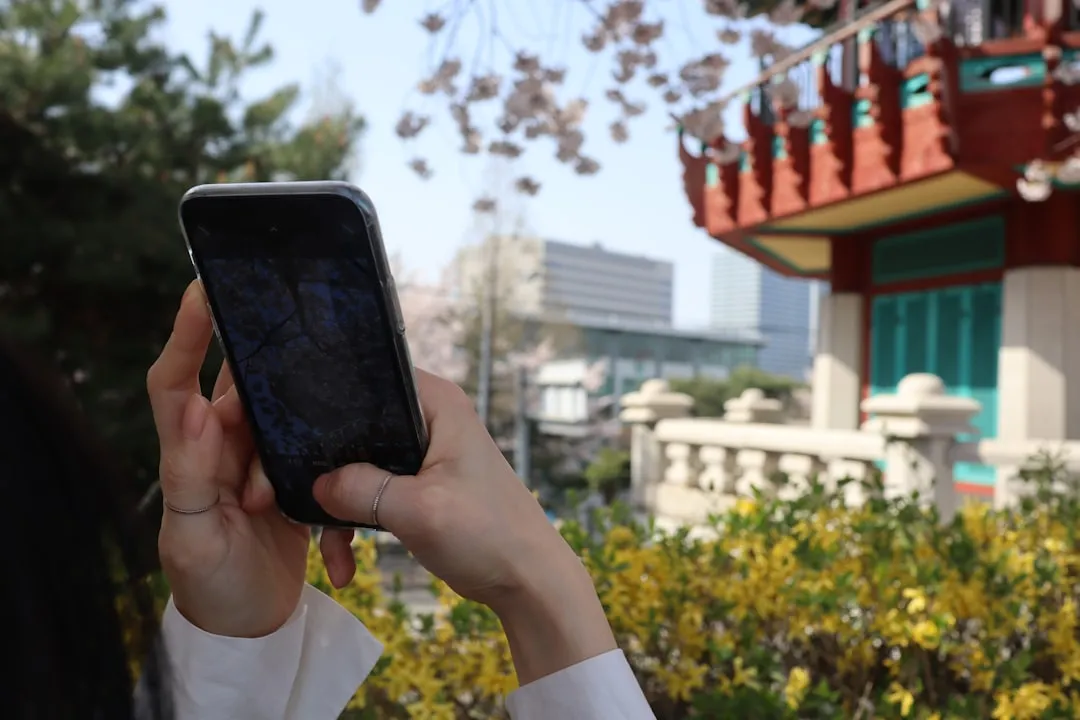
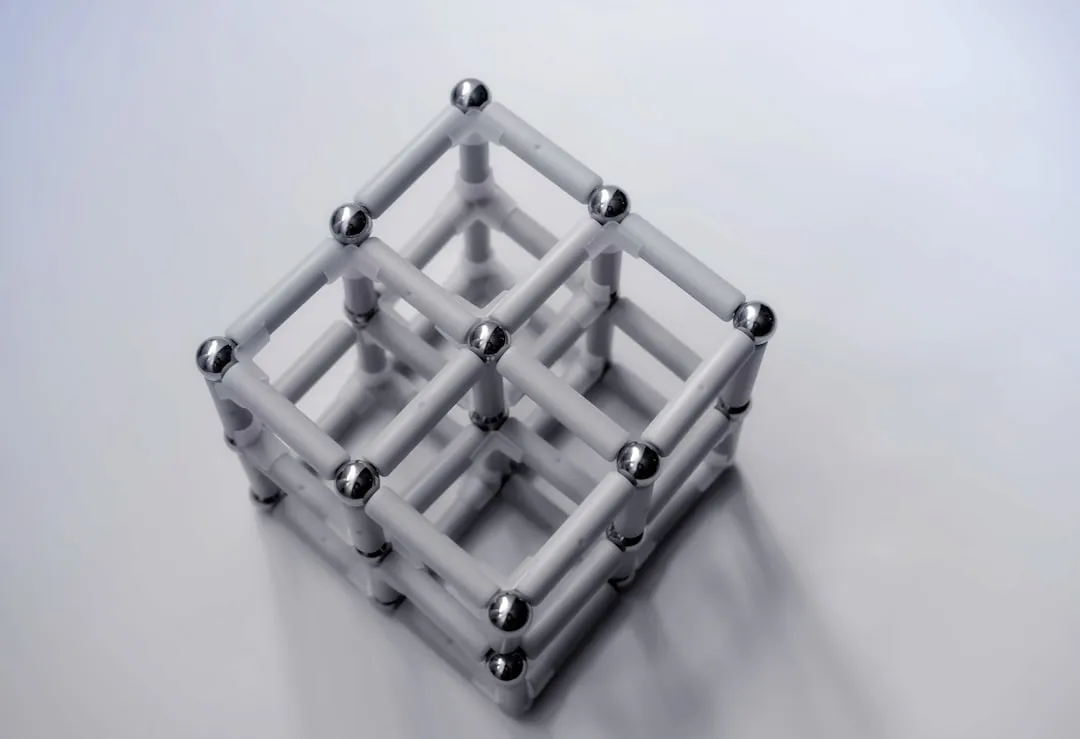
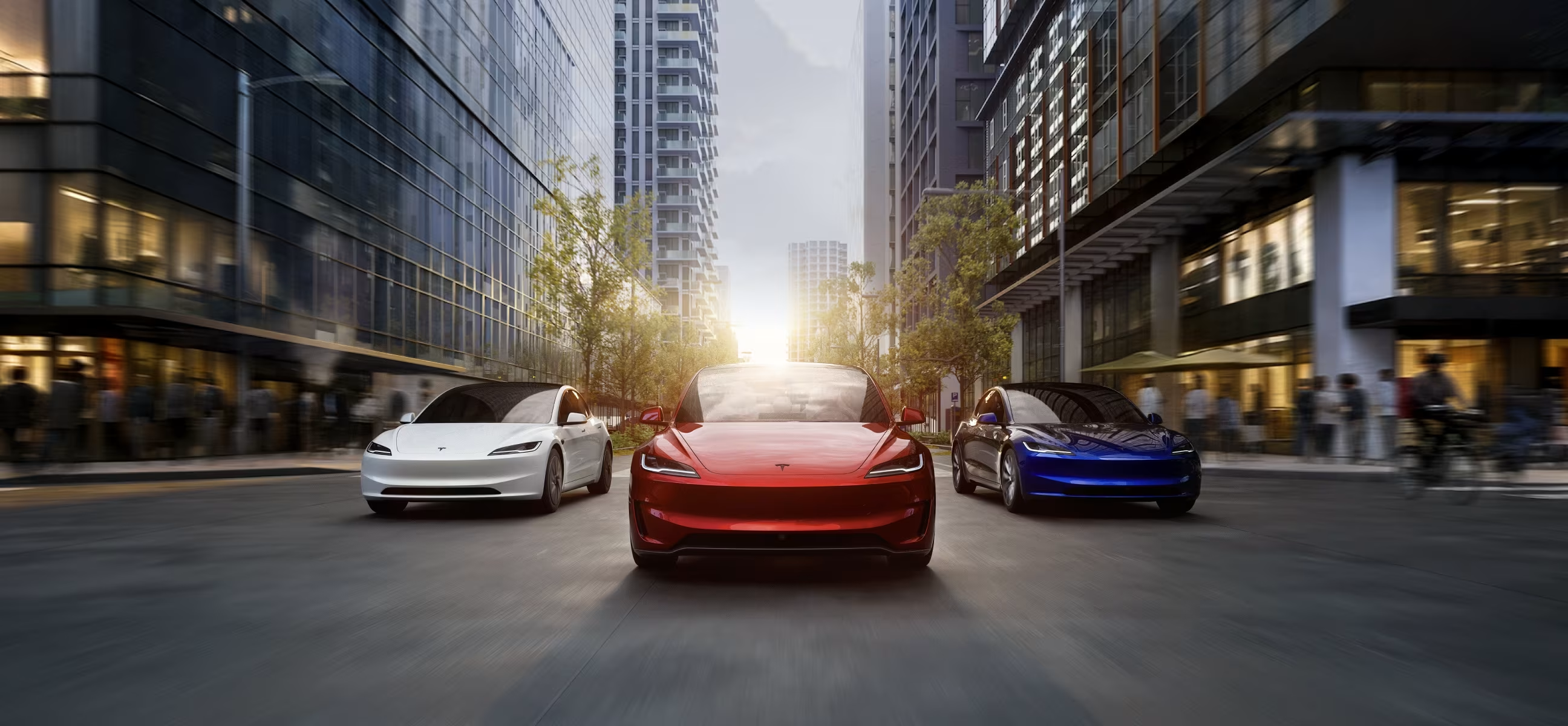
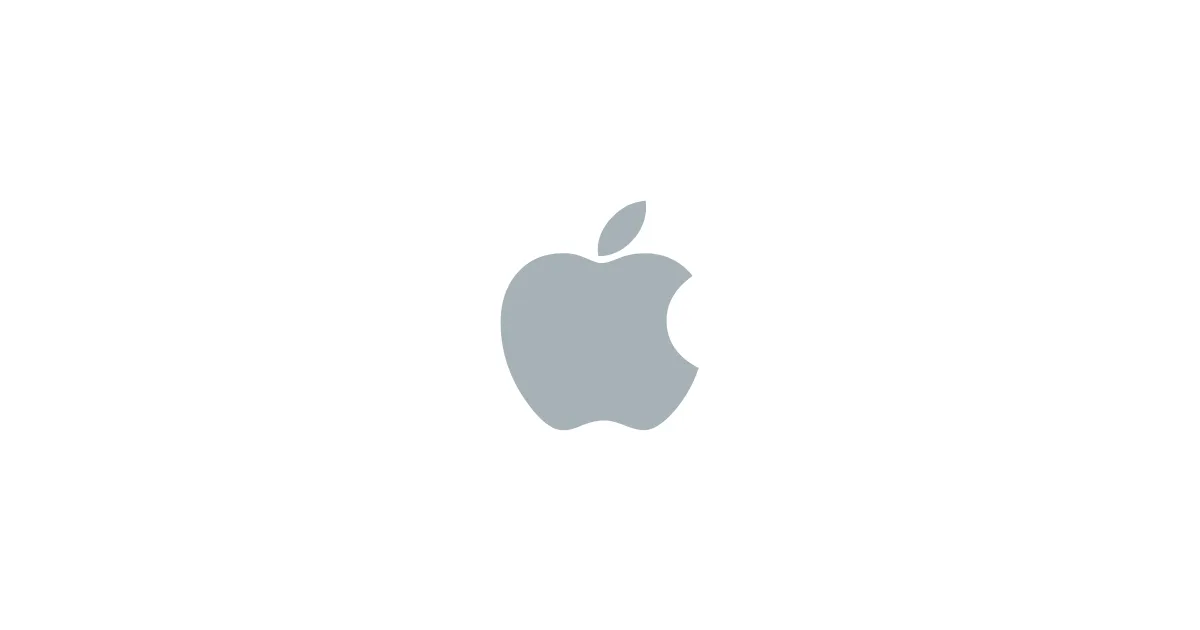
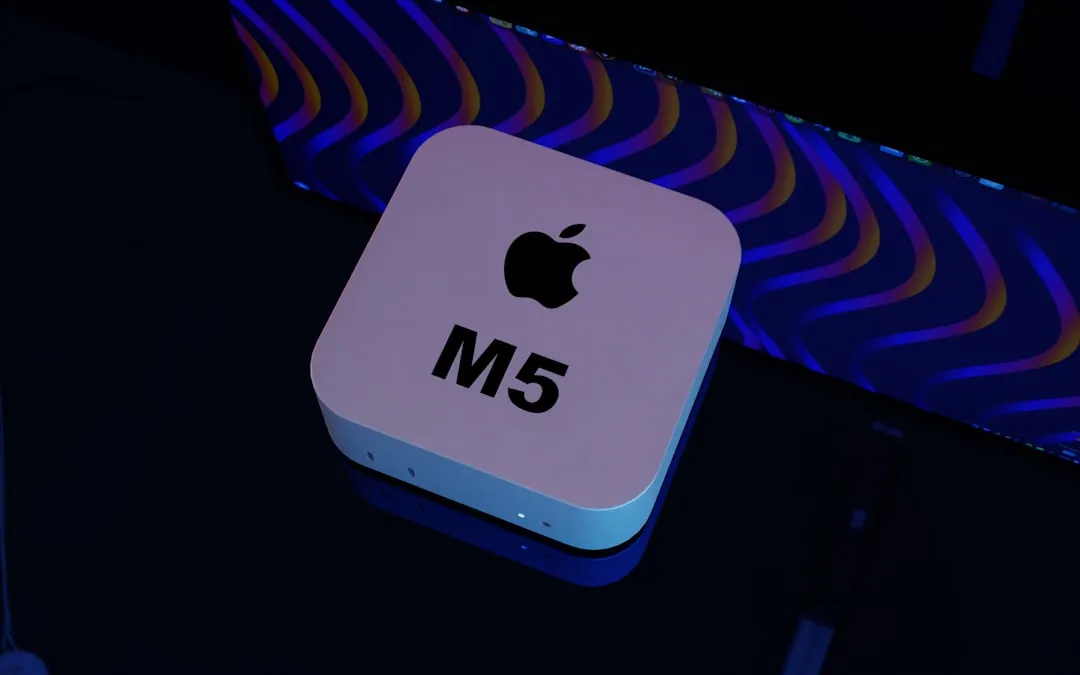
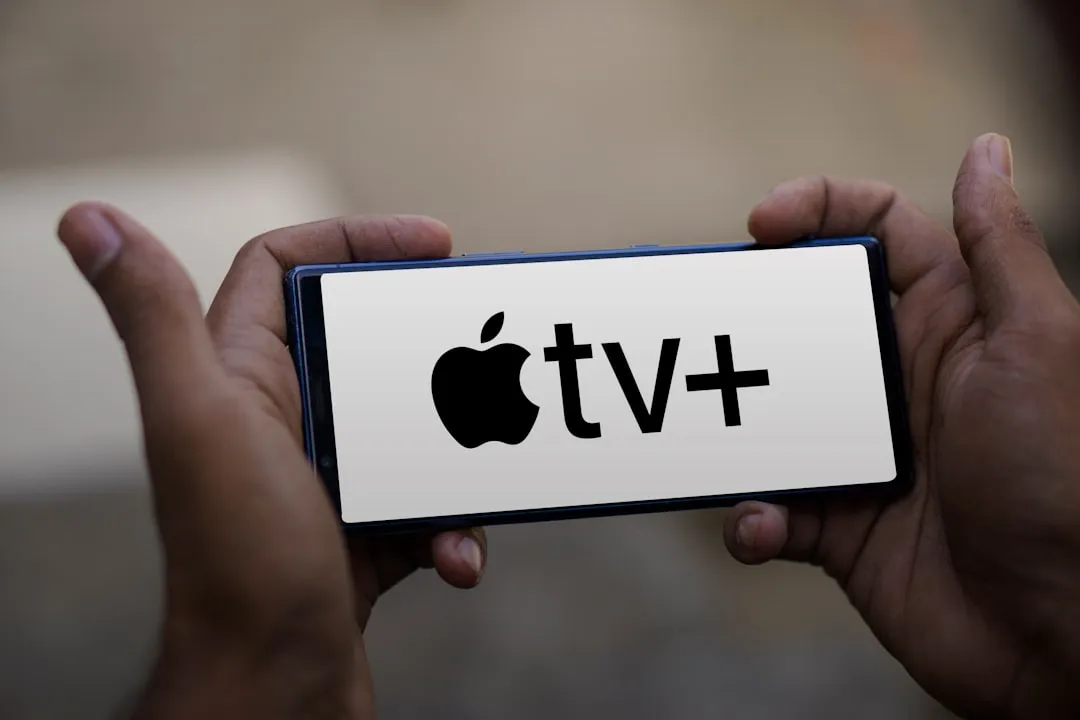
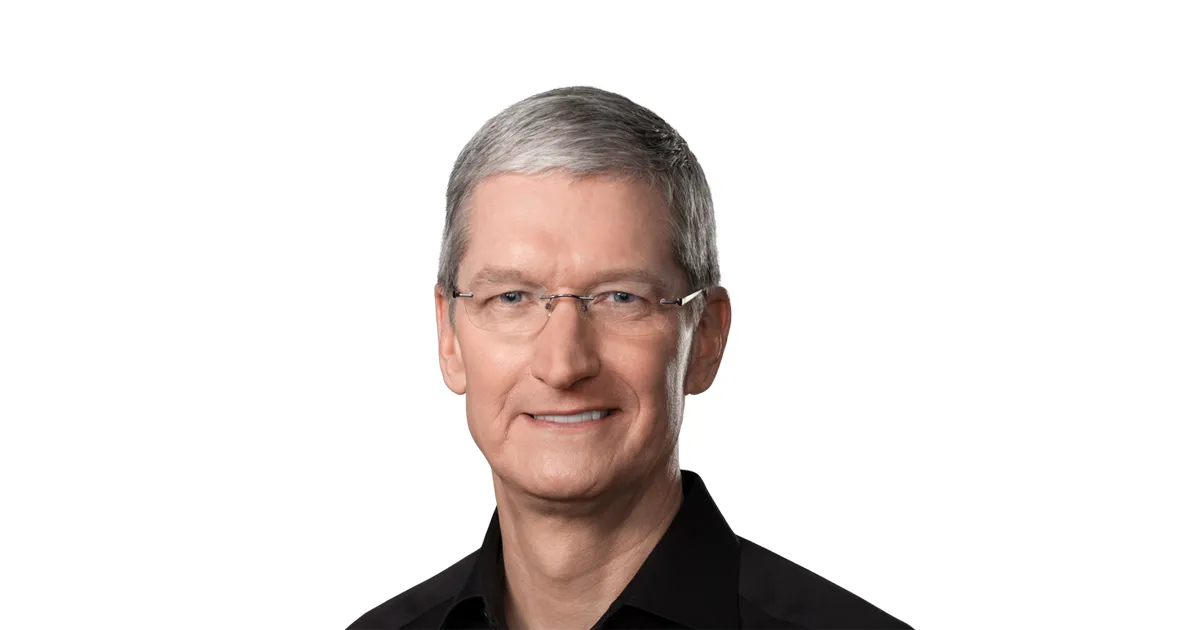
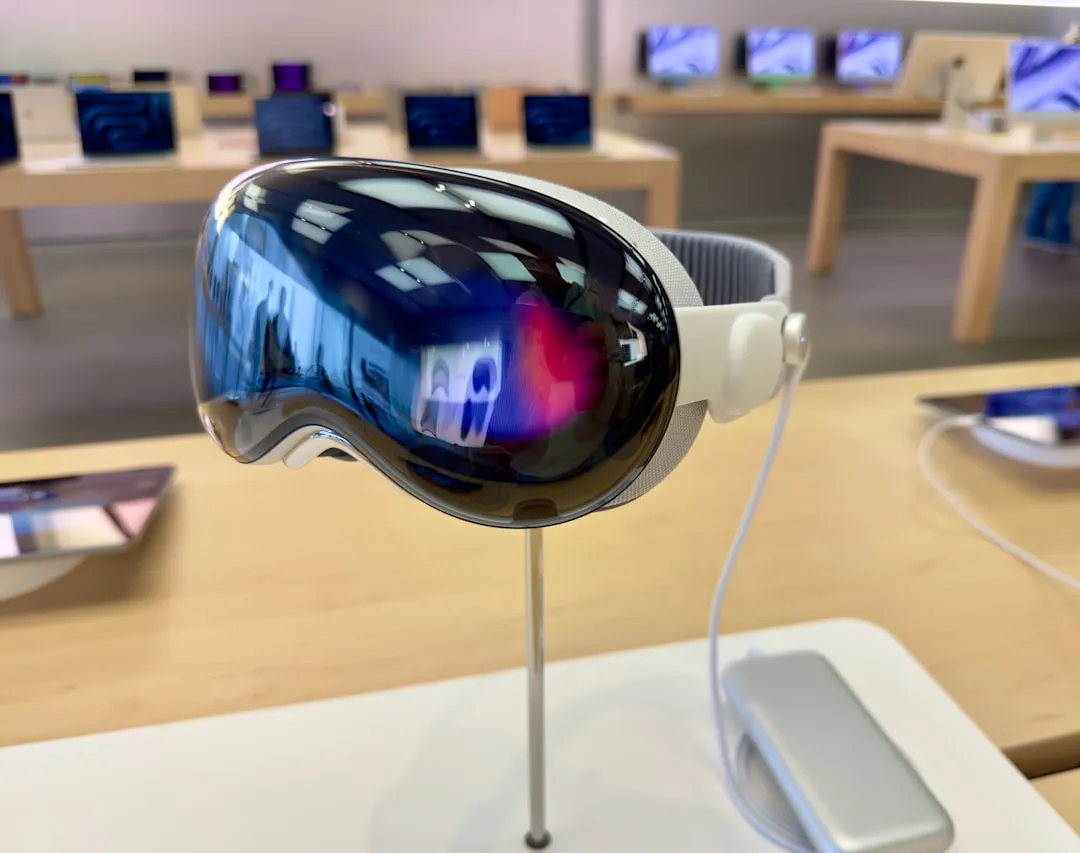
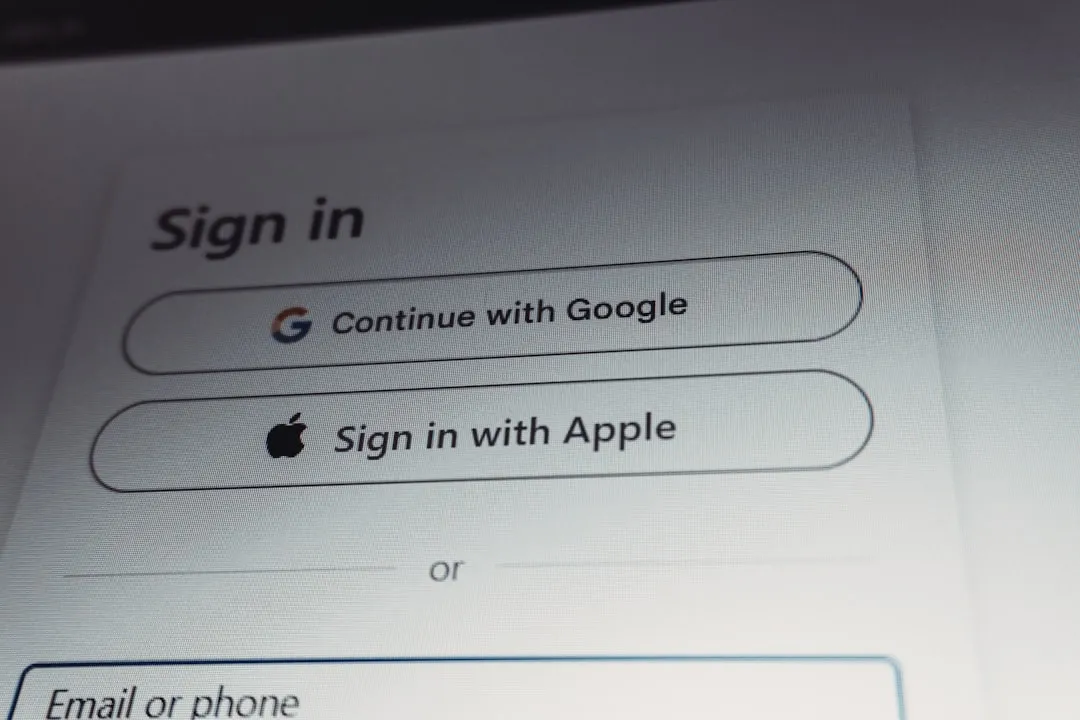
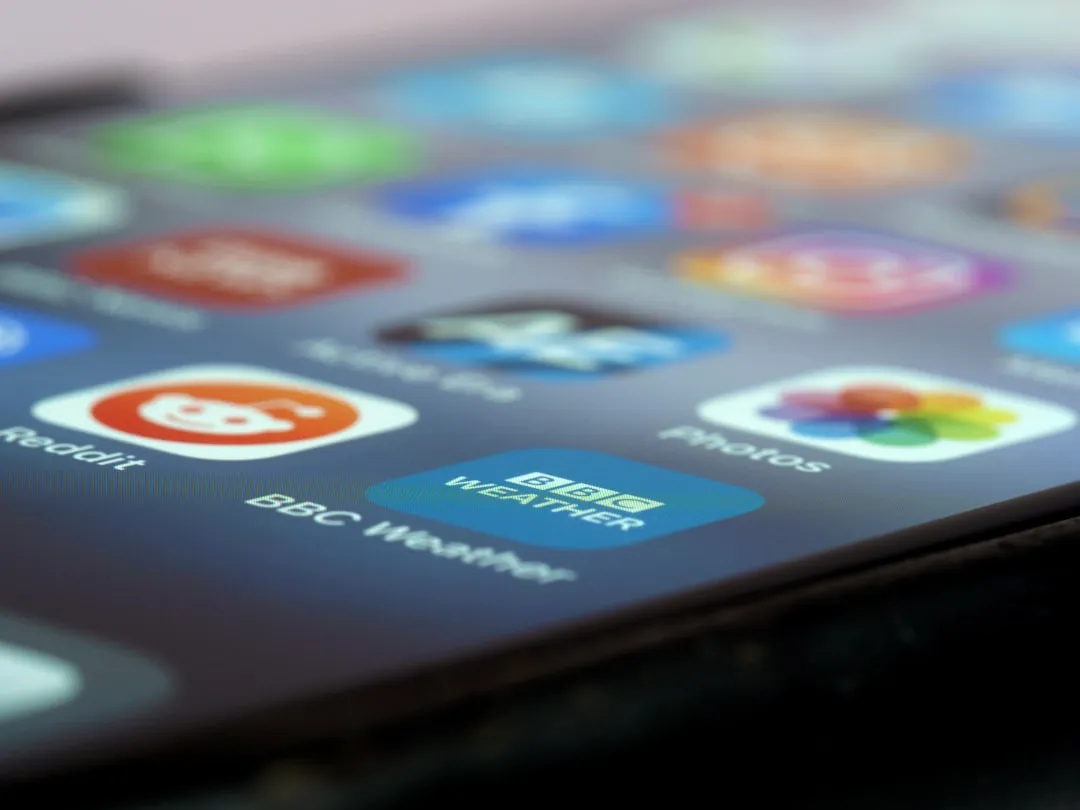
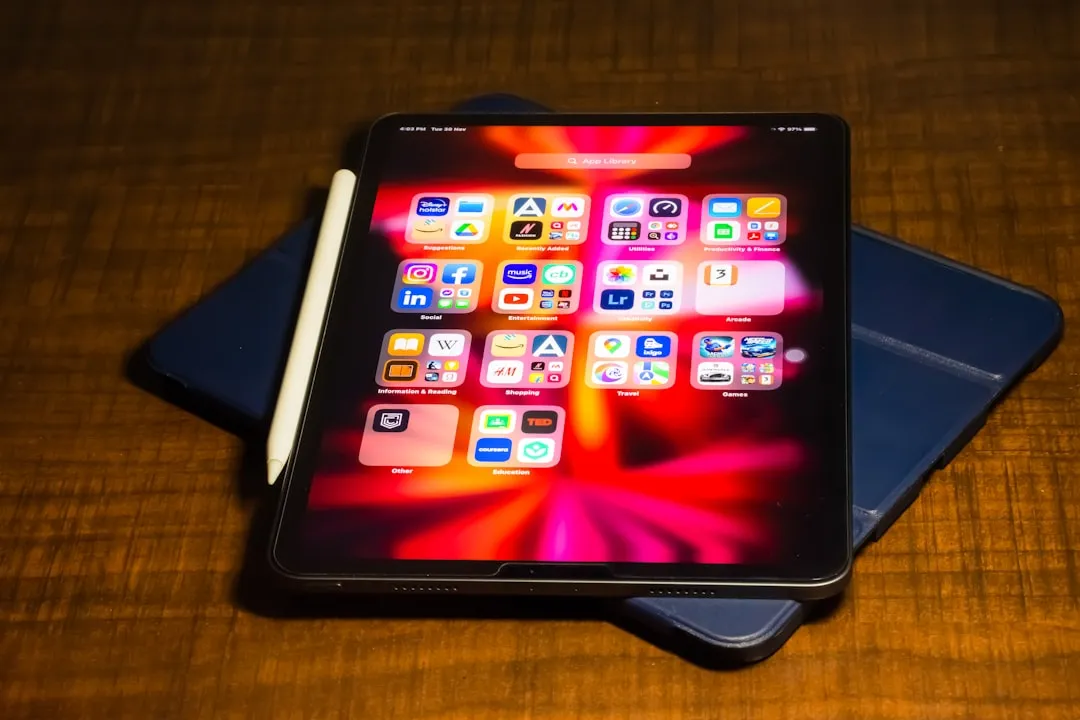
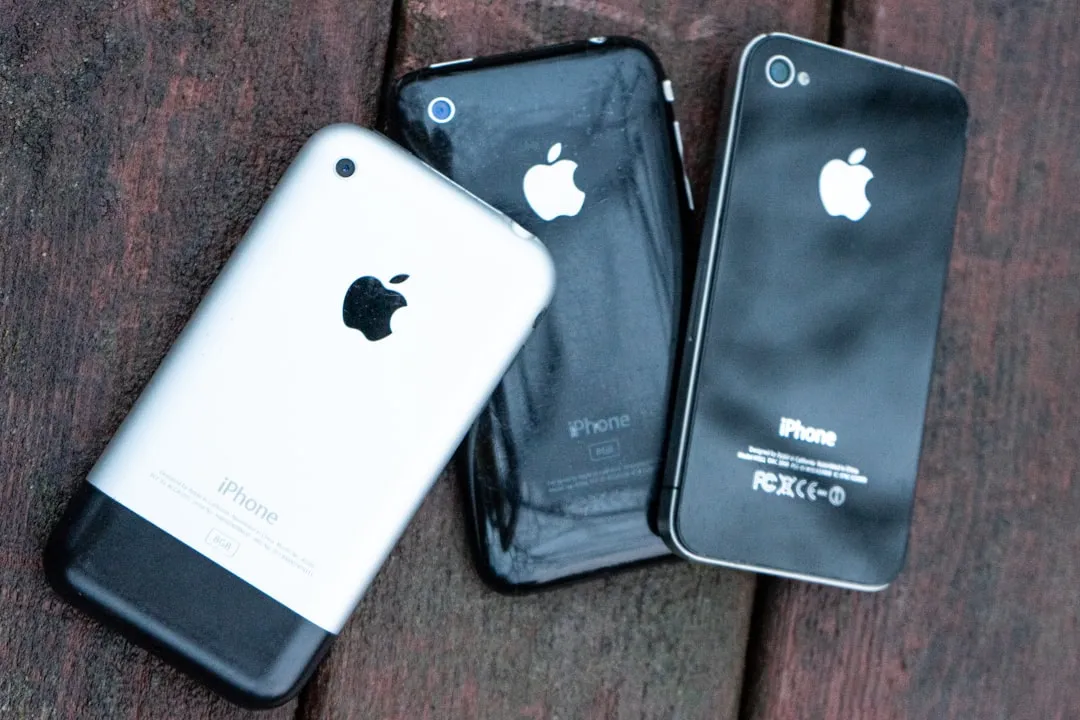
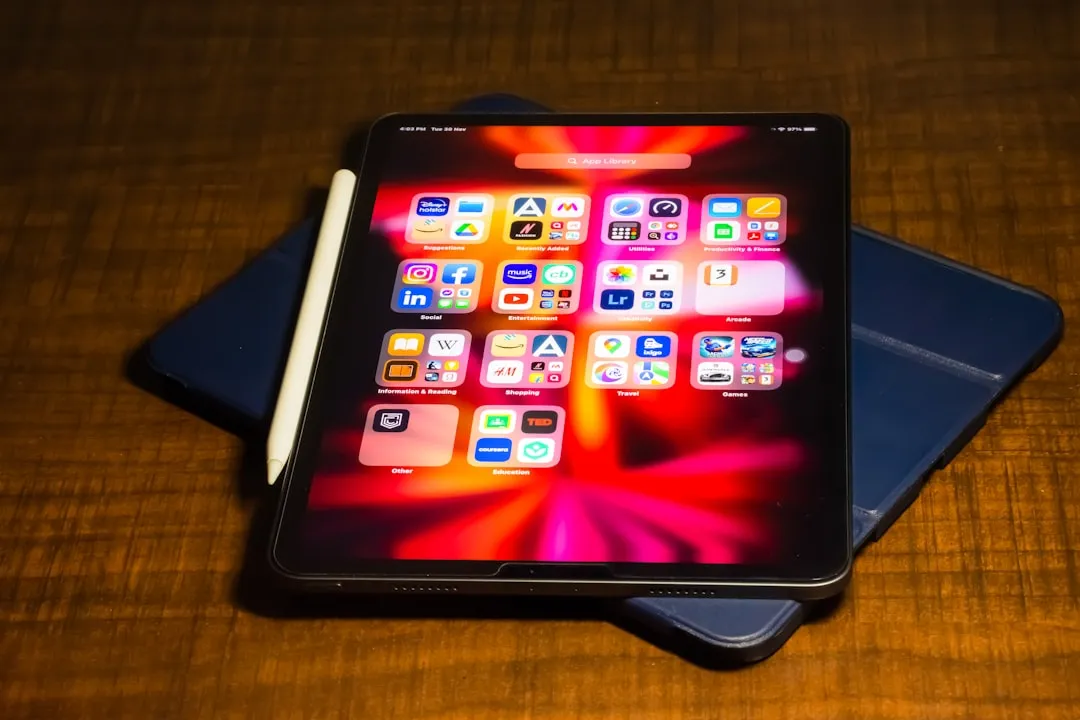

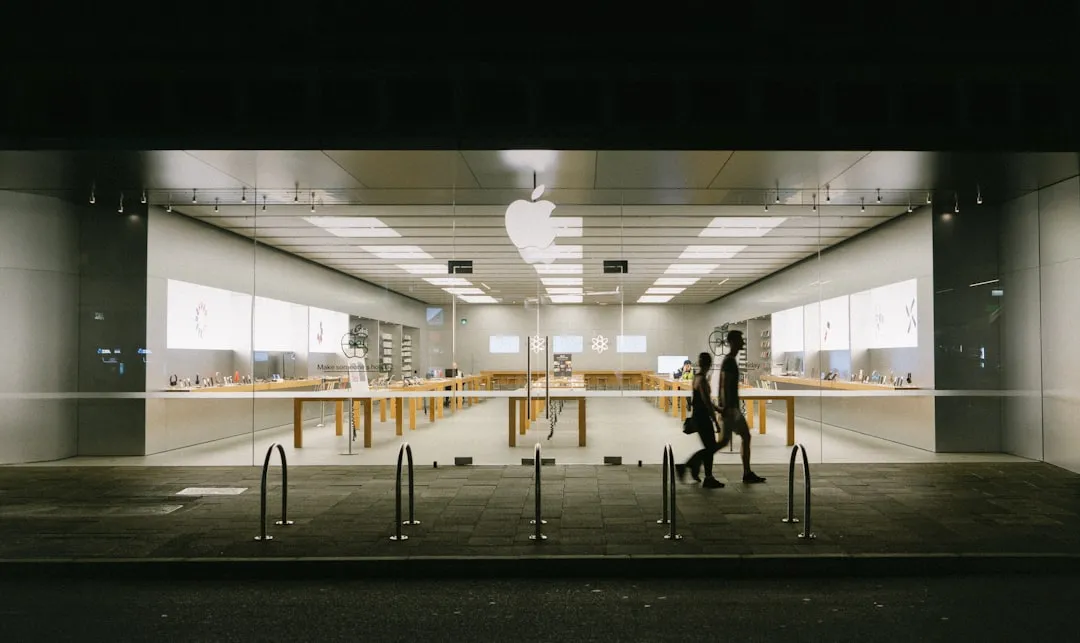
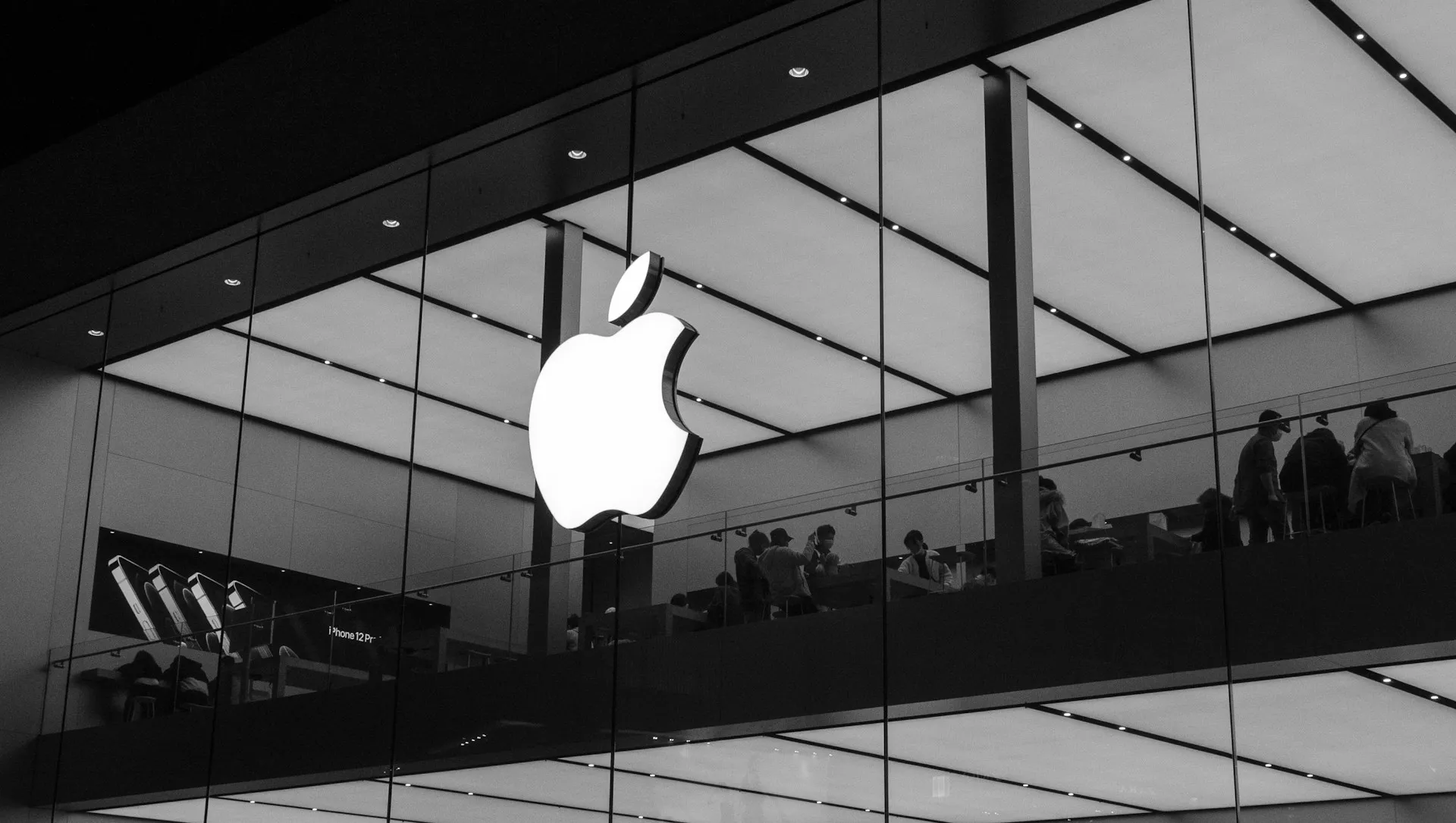
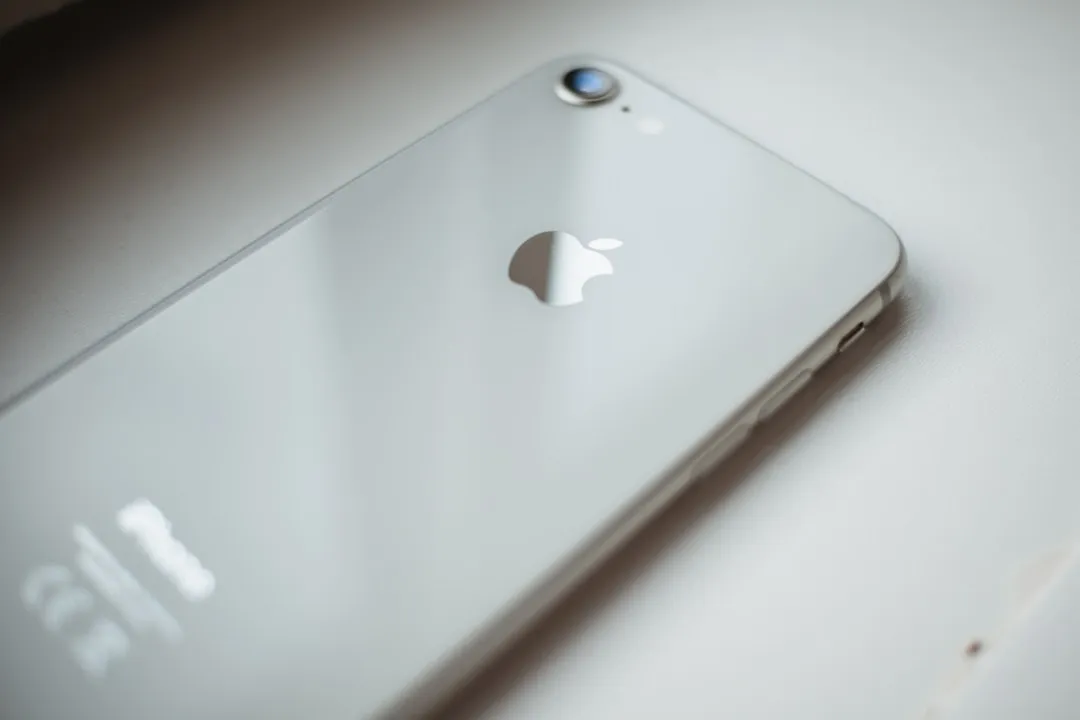
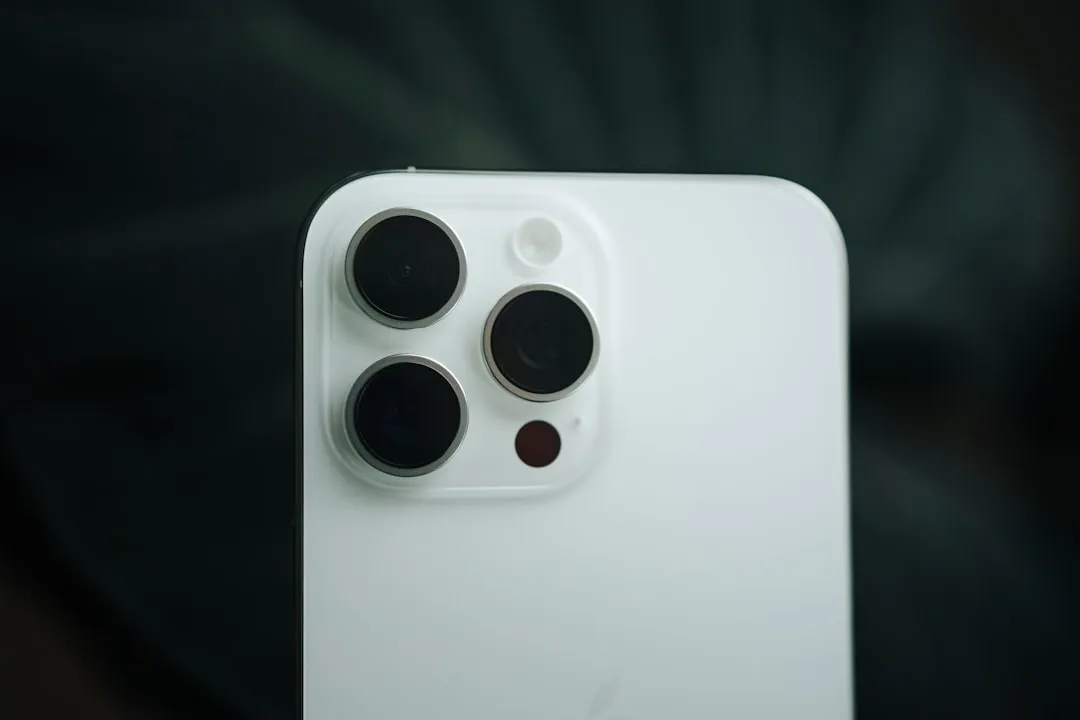
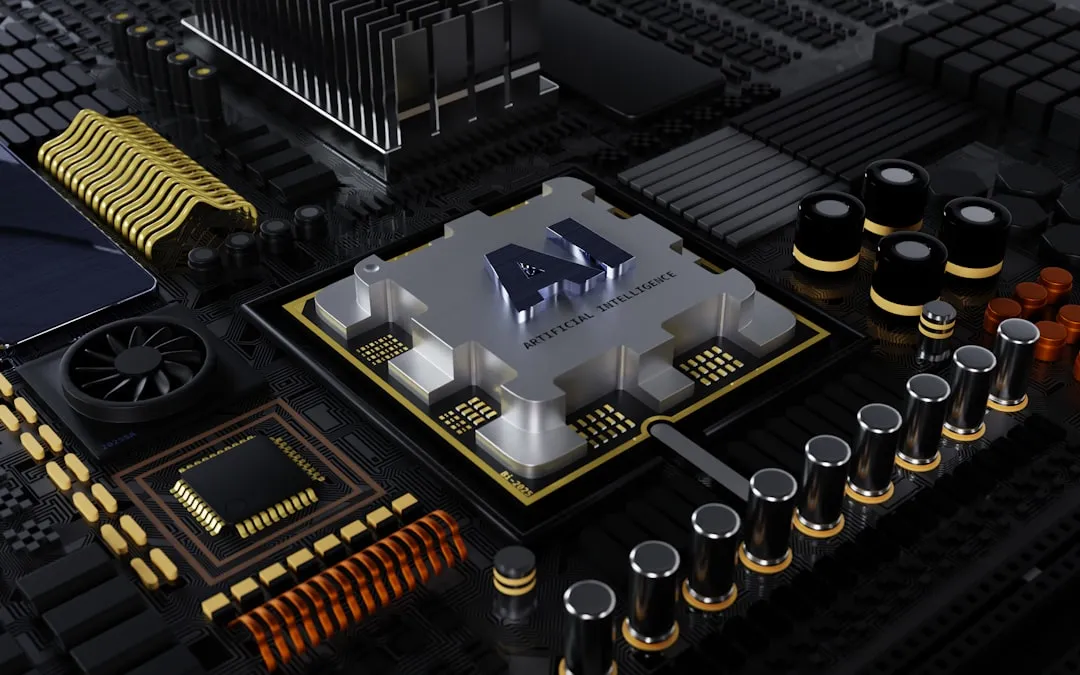
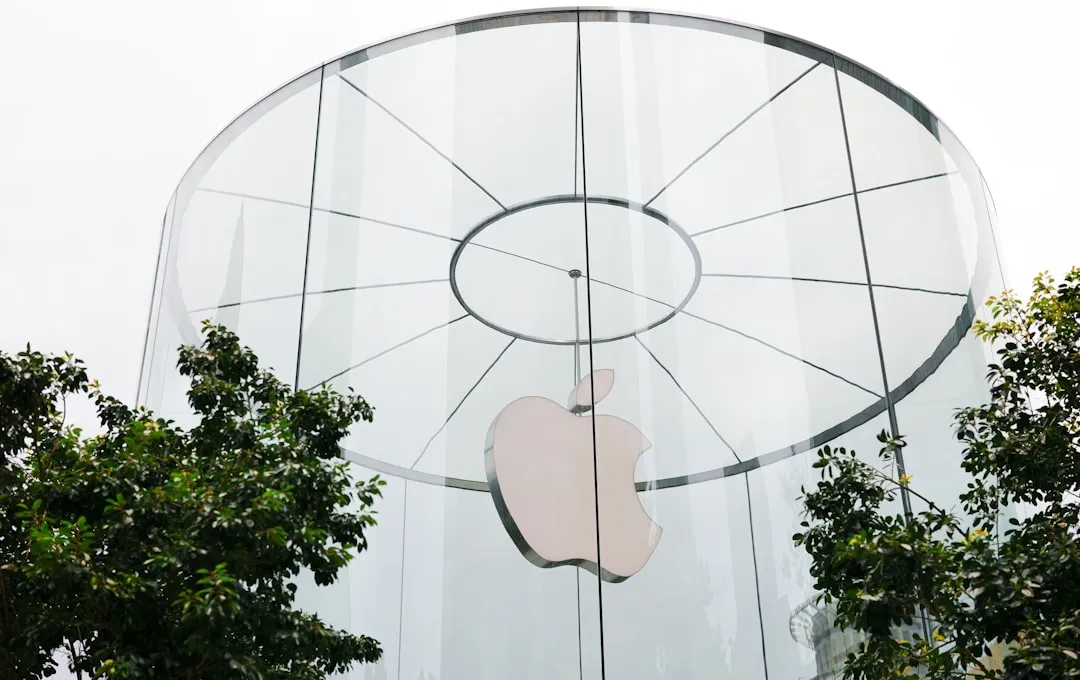

Comments
Be the first, drop a comment!